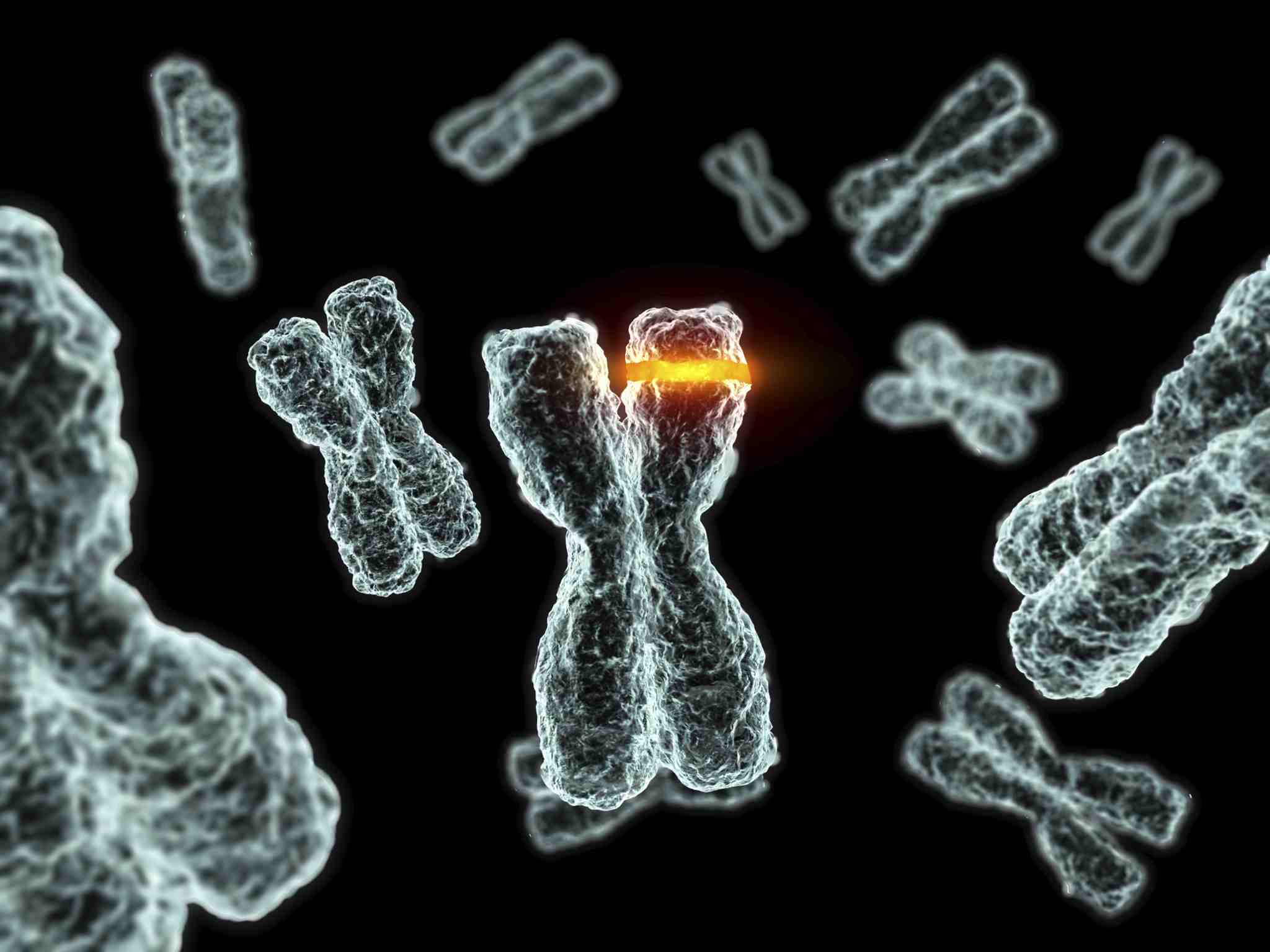 It’s hard to find a clear explanation of methylation defects out there. This is because they are only just being recognized (though NDs have been trained about this for years) and it’s also quite complicated. Methylation can be thought of as activation. So, while vitamins are cofactors for numerous actions in the body, many of them need to be methylated (activated) in order to work. We all have gene mutations that we don’t know about and one of those is a possible defect in activation of folic acid, or MTHFR defect. About 50% of people seem to have this (think about the common knowledge of folic acid deficiency and neural tube defects in babies).
It’s hard to find a clear explanation of methylation defects out there. This is because they are only just being recognized (though NDs have been trained about this for years) and it’s also quite complicated. Methylation can be thought of as activation. So, while vitamins are cofactors for numerous actions in the body, many of them need to be methylated (activated) in order to work. We all have gene mutations that we don’t know about and one of those is a possible defect in activation of folic acid, or MTHFR defect. About 50% of people seem to have this (think about the common knowledge of folic acid deficiency and neural tube defects in babies).
• When we don’t activate folic acid well, this leads to a buildup of homocysteine, which is associated with heart disease.
• Research has shown that treating those who have genetic defects in methylation can help with depression.
• Defects in methylation have also been associated with pain syndromes such as fibromyalgia and chronic fatigue syndrome. Methylation helps to make the myelin sheath on nerves, the equivalent of wire coating. Defects in methylation can lead to increased pain sensitivity.
• Methylation is one way that the body detoxifies (gets rid of toxins). When we give the activated forms of the vitamins, we can start detoxification pathways that have been sluggish for a long time and therefore experience side effects.
• Another place that methylation works is in DNA repair. Our DNA breaks and is repaired all the time. Cancer happens when DNA breaks and isn’t repaired properly. So, proper methylation can help to prevent cancer.
It’s important to remember that this is not the answer for everything. Just because you have the genetic defect doesn’t mean that you will actually have the problem. In addition, we need to factor in things like other genetic defects, hormone imbalance, thyroid and adrenal function, toxicity, gut health, blood sugar balance, nutrient deficiencies, and mental health needs. Side effects of methyl folate without necessary cofactors can include aches, headaches, insomnia, irritability, acne, skin rash, anxiety, and nausea. It is important to take dosing slowly; the proper schedule can take months. Side effects can be due to improperly pushing detoxification or to other genetic defects not being accounted for.
Other possible genetic defects include trouble breaking down homocysteine, trouble breaking down the brain’s adrenaline, trouble processing serotonin (involved with mood), trouble processing B12, trouble with other liver detox pathways, trouble making the calming brain chemical GABA, and trouble breaking down histamine (involved in allergies and brain stimulation).
Because of the complicated nature of these issues, it is best to approach them with a provider who is trained in this area. I do genetic and/or blood testing and interpret the results in the context of your whole health picture as we take a comprehensive approach to your treatment plan.






Leave A Comment
You must be logged in to post a comment.